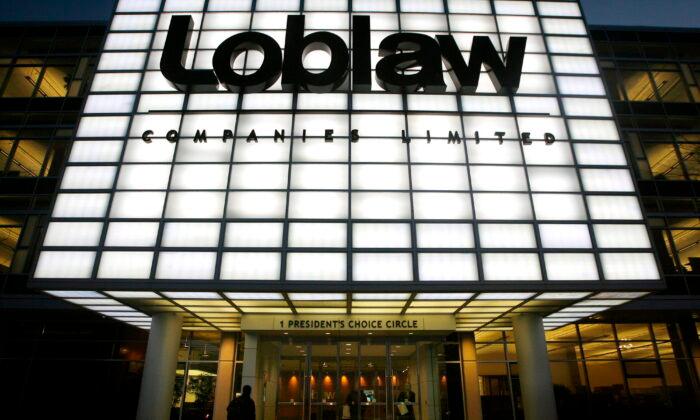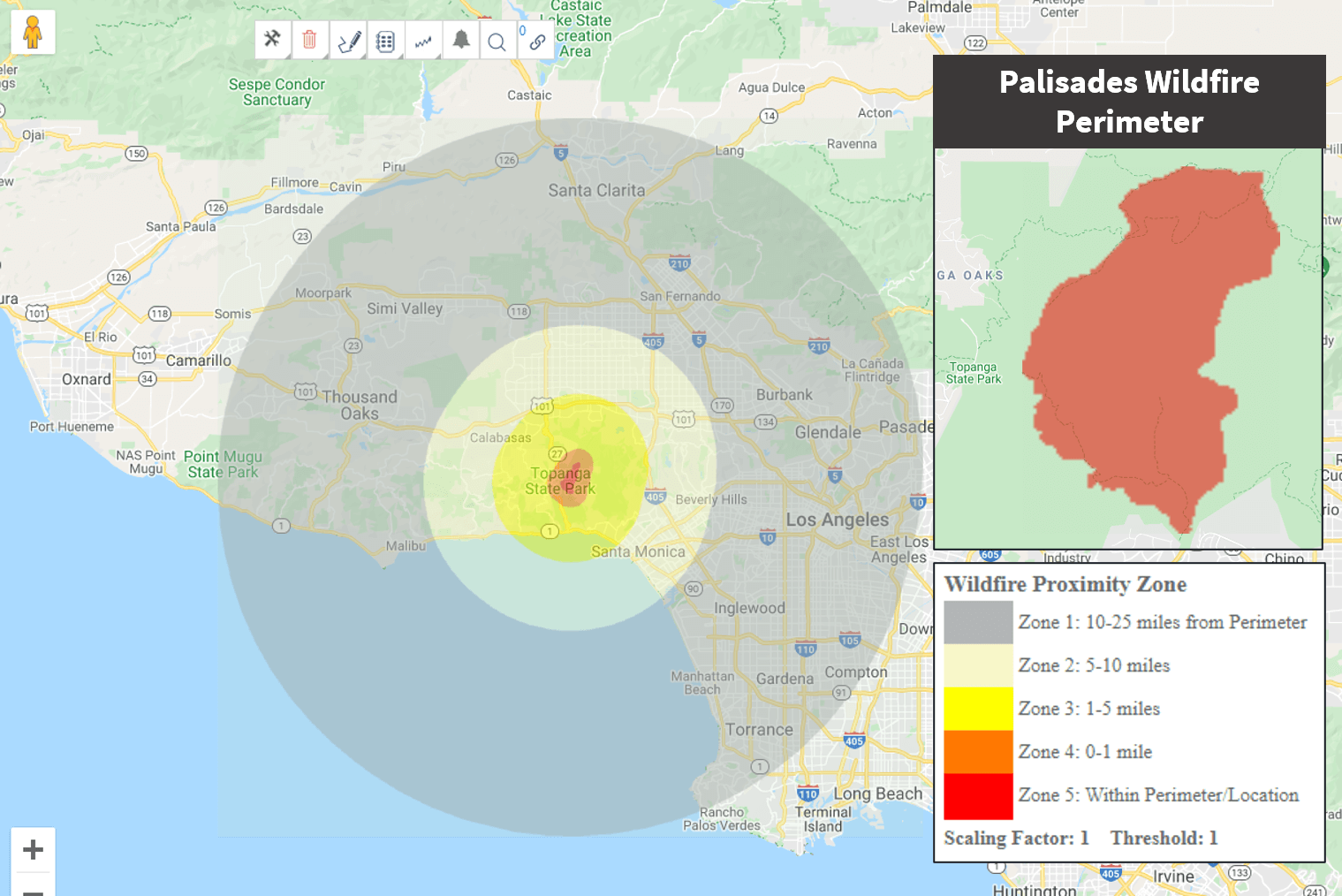Double Trouble In Hollywood: Actors' Strike Adds To Writers' Walkout

Table of Contents
The Writers' Guild of America (WGA) Strike: A Recap
The Writers' Guild of America (WGA) strike, which began in May 2023, initially brought much of Hollywood's scripted television and film production to a halt. This wasn't a spontaneous event, but rather the culmination of long-simmering tensions between writers and studios.
Key Demands of the WGA:
The WGA's core demands revolve around adapting to the changing media landscape dominated by streaming services:
- Fair wages and residuals in the streaming era: Traditional residuals, payments made to writers each time their work is aired, have significantly diminished with the rise of streaming. The WGA is seeking a fairer system that reflects the value of their work on platforms like Netflix and Disney+.
- Increased protections against AI-generated content: The WGA is concerned about the potential for AI to replace human writers, demanding safeguards to protect their jobs and creative control.
- Improved working conditions: This includes issues like minimum staffing levels on productions, reasonable hours, and fair treatment on set.
- Minimum staffing requirements on productions: The WGA aims to prevent the erosion of writer's rooms and ensure adequate support staff for writers.
Impact of the WGA Strike:
The impact of the WGA strike has been substantial:
- Delayed television show productions: Numerous late-night shows, including Late Night with Seth Meyers and Jimmy Kimmel Live!, have been significantly impacted, resulting in shortened seasons or complete cancellations.
- Postponed movie releases: Several film projects have faced delays, affecting release schedules and potentially impacting box office revenue.
- Reduced late-night programming: The absence of late-night talk shows has created a noticeable gap in the television landscape.
- Uncertainty about the future of scripted television: The long-term effects of the strike on the production of scripted content remain uncertain.
Examples: Shows like Abbott Elementary and Stranger Things faced production delays. The financial implications for writers are severe, with many facing lost income and uncertainty.
The SAG-AFTRA Strike: Joining Forces with the WGA
Adding fuel to the fire, the Screen Actors Guild – American Federation of Television and Radio Artists (SAG-AFTRA) joined the picket lines in July 2023. This broadened the strike's impact significantly, bringing nearly all film and television production to a complete standstill.
SAG-AFTRA's Grievances:
SAG-AFTRA's grievances mirror some of the WGA's concerns, but with a focus on the unique challenges faced by actors:
- Fair compensation for streaming work: Similar to writers, actors are concerned about the diminished compensation for streaming projects compared to traditional television and film.
- Concerns over the use of AI in the entertainment industry: SAG-AFTRA is worried about the potential for AI to replace actors through deepfakes and other technologies.
- Protecting actors' jobs from automation: The union is pushing for protections against the use of AI to diminish the need for human actors.
- Better health and pension benefits: SAG-AFTRA seeks improvements to the health and pension plans offered to its members.
The Combined Impact of the Strikes:
The combined effect of the WGA and SAG-AFTRA strikes is devastating:
- Complete shutdown of major film and television productions: Nearly all major productions have been halted, leading to widespread job losses beyond actors and writers.
- Ripple effects on related industries: Catering companies, location services, and other businesses that support film and television production are facing severe economic hardship.
- Increased uncertainty for actors and production crews: Thousands of workers are facing unemployment and financial insecurity.
- Potential for longer-term damage to the industry: The prolonged shutdown could have lasting consequences for the industry's creative output and economic health.
Examples: High-profile actors like Meryl Streep and Jennifer Lawrence have actively participated in the strike. The economic impact extends to billions of dollars in lost revenue across various sectors. The Emmy Awards and other industry events have faced significant disruptions.
Potential Outcomes and Negotiations
The stakes are high for both sides involved in these negotiations.
The Stakes for Both Sides:
- Studios aiming to minimize costs and adapt to changing market conditions: Studios are grappling with the shift to streaming and are seeking to control costs in a rapidly evolving media landscape.
- Unions fighting for fair compensation and the protection of their members’ rights: The unions are striving to ensure that their members receive fair compensation and protection against the disruptive effects of new technologies.
Potential Resolutions:
Several potential paths forward exist:
- Mediation and negotiation between unions and studios: Successful resolutions will require both sides to engage in good-faith negotiations and find common ground.
- Government intervention to facilitate negotiations: Government involvement could potentially help bridge the gap between the two parties.
- Potential compromise solutions addressing core concerns of both sides: Finding a compromise that addresses the fundamental concerns of both the unions and the studios is crucial to ending the strike.
Predictions: Industry experts predict the possibility of a protracted strike, potentially lasting months or even longer. There's also discussion referencing the history of previous Hollywood strikes and their impact.
Conclusion
The simultaneous strikes by the WGA and SAG-AFTRA represent an unprecedented crisis for the Hollywood entertainment industry. The combined impact on production, employment, and the future of the industry is significant. The outcome of these strikes will shape the landscape of film and television for years to come. The issues at stake—fair compensation in the streaming era, the role of AI in creative production, and the overall working conditions for those in the industry—are not only relevant to Hollywood but also have broader implications for the future of creative work in the digital age.
Call to Action: Stay informed about the latest developments in the Hollywood actors' and writers' strike. Follow reputable news outlets and industry blogs for updates on negotiations and potential resolutions. Understanding the issues at stake is crucial for anyone interested in the future of entertainment.

Featured Posts
-
 Pope Francis 1936 2024 A Life Dedicated To Service
Apr 22, 2025
Pope Francis 1936 2024 A Life Dedicated To Service
Apr 22, 2025 -
 Student Safety Concerns Rise Following Fsu Security Gap Even With Quick Police Response
Apr 22, 2025
Student Safety Concerns Rise Following Fsu Security Gap Even With Quick Police Response
Apr 22, 2025 -
 Canadian Bread Price Fixing Case 500 Million Settlement Hearing Approaching
Apr 22, 2025
Canadian Bread Price Fixing Case 500 Million Settlement Hearing Approaching
Apr 22, 2025 -
 The Next Pope How Franciss Legacy Will Shape The Conclave
Apr 22, 2025
The Next Pope How Franciss Legacy Will Shape The Conclave
Apr 22, 2025 -
 Full List Celebrities Affected By The Palisades Fires In Los Angeles
Apr 22, 2025
Full List Celebrities Affected By The Palisades Fires In Los Angeles
Apr 22, 2025
